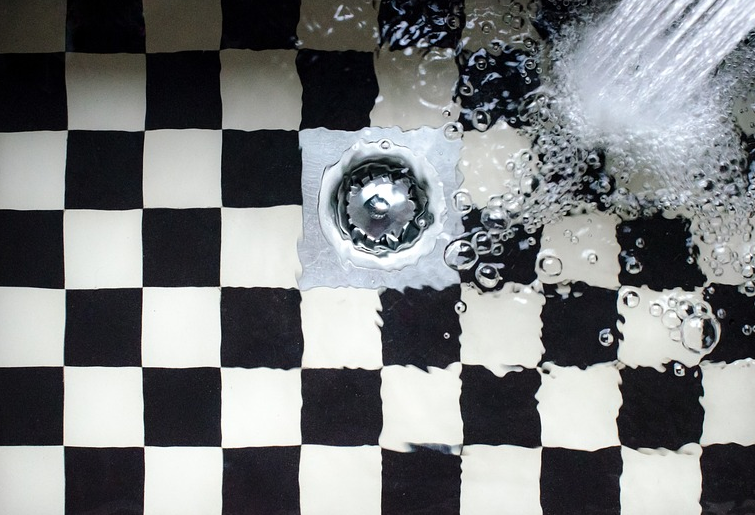 There are many ways you could be damaging your plumbing. While accidents, such as toys getting flushed down the toilet, are a given, what you probably don’t know is that your everyday habits could be causing some of your drain problems, too.
There are many ways you could be damaging your plumbing. While accidents, such as toys getting flushed down the toilet, are a given, what you probably don’t know is that your everyday habits could be causing some of your drain problems, too.
By being aware of these drain-damaging habits, you can prevent them from creating long-term issues and avoid emergencies such as clogged drains, overflow, and sewer backups. When left neglected, these plumbing issues may consume a huge portion of your budget because blocked drain cleaning Sydney services are not freebies. Save yourself a call for a burst pipe or blocked drain plumber and avoid doing these things that are damaging your pipes.
- Using Your Waste Disposal as a Rubbish Bin
First of all, your waste disposal isn’t a bin for all kinds of food waste. Keep out particular food scraps such as fibrous or starchy foods like rice, flour, pasta, and potato skins as the starches in them will turn into a thick paste that may glue the blades together. The same goes for eggshells and bones, which tend to get stuck in the pipes, eventually damaging your water line.
- Heavily Relying on Chemicals
Liquid drain cleaners promise a quick, easy fix to clogged drains. But, what they are not telling you is that these products have chemicals that can corrode your pipes too. Some alternatives you can try include using a plunger or a drain snake and/or mixing a homemade cleaning solution made with equal parts of vinegar and baking soda.
- Flushing Non-Flushable Items
You would think this is a no-brainer, but some people treat their toilets like a rubbish bin—using it to get rid of toilet paper, leftover medicines, sanitary napkins, diapers, and those wipes that promise they are flushable. If you’re guilty of this, then it will not take long before you’re faced with a serious clog or in worse cases, a flood in your basement.
- Pouring Oil, Grease, & Fat Down the Drains
Cooking oils, grease, and fat float on water and easily adhere to the walls of your drains. Over time, this oily film builds up and if it’s not disgusting enough, food particles and other solid waste cling onto them and everything will start to congeal and create a blockage.
The problem doesn’t end there, though, because even when the grease is flushed down from your pipes, they will eventually end up in the sewers, forming globs of fat onto the ceiling. These stalactite-type formations are often called fatbergs.
- Delaying Inspections, Repairs, & Replacements
Regardless of how careful you may be about what you put down the drains, issues will eventually develop due to the regular wear and tear. This is where routine maintenance comes in. Your local plumber can easily recognise these issues and address them before they lead to serious and costly problems. Plus, they also advise you on when you should update your systems.
So, how are you supposed to know these things if you keep on delaying your routine maintenance?
- Assuming You Can DIY Everything
Probably the worst thing you can do to damage your plumbing is to DIY the repair works and end up causing more problems—accidentally breaking the pipes or maybe using the wrong size of pipes. Some projects are just better left up to the professionals and these include major plumbing works, regardless of how YouTube tutorials make it easy and do-able.
If you’re guilty of doing any of these drain-damaging habits, don’t worry! What’s important is that you now know how to better care for your plumbing. Your next step should be obvious and that’s to contact your local burst pipe plumber for an inspection.
Did you find this article helpful? Share your thoughts by leaving a comment.






